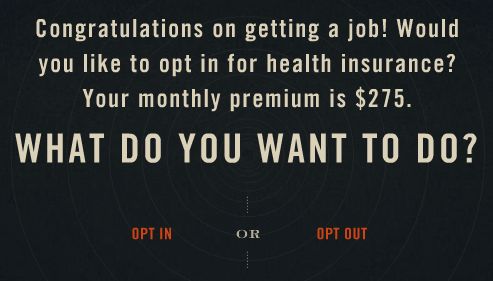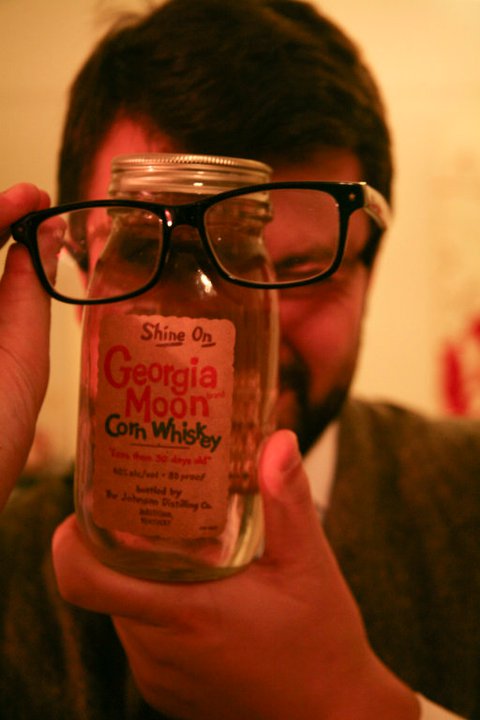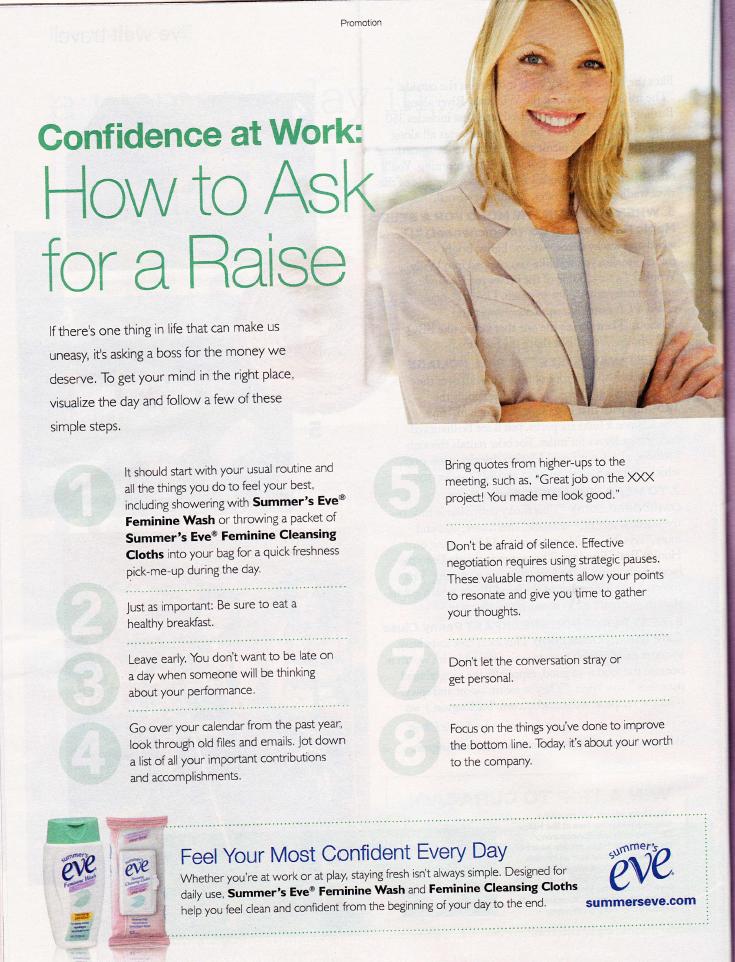Dolores R., Kelly, and Elyse all sent links to a new website, PlaySpent, designed to help people understand the challenges and trade-offs faced by low-income people with insecure employment. The “game” begins when you’ve been unemployed, have only $1,000 left in your bank account, and need to get a low wage job.
I failed the typing test (seriously), so I got a job as a warehouse worker:
The site asked me if I wanted to pay for health insurance:
The site then asks me to find a place to live, balancing gas costs:
And it asks the player to choose between things your children need/want and your budget:
And then, of course, there’s groceries:
And the game goes on…
The site would be an excellent internet field trip for students in sociology classes or anyone who wants to better understand the many trade-offs that poor people are forced to make and the difficulty in making ends meet when you’re part of the working poor.
Says Kelly:
I thought this was an interesting tool to highlight the difficult choices that low-income families have to make. It also points out how our society often disadvantages the lower class, such as how I was charged a fee for going below the minimum balance in my account, or by telling me how long it would take to pay off credit card debt only paying the minimum balance.
Lisa Wade, PhD is an Associate Professor at Tulane University. She is the author of American Hookup, a book about college sexual culture; a textbook about gender; and a forthcoming introductory text: Terrible Magnificent Sociology. You can follow her on Twitter and Instagram.
















